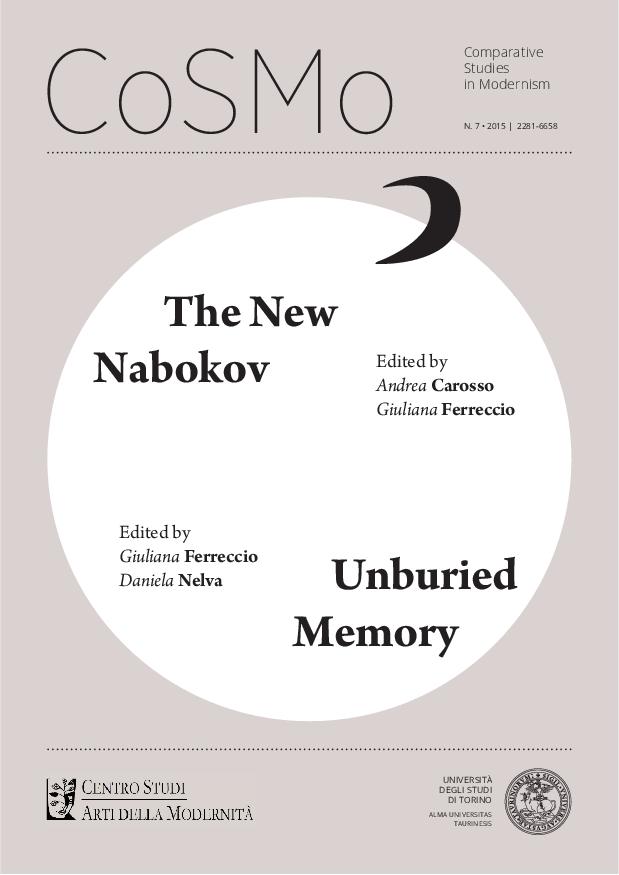“Hypotranslating” and “Hypertranslating” Theories in Nabokov’s Alice in Wonderland and Eugene Onegin
Abstract
My paper means to discuss the development and the application of Nabokov’s theories of translation in Anja v strane čudes (1922) and Eugene Onegin (1964). By using both Steiner’s and Newmark’s approaches, I will point out that Nabokov aims for a communicative translation, for a “hypotranslation”, in Carroll’s work, in order to make it more understandable to the Russian readership.
Conversely, Nabokov uses a literal translation in Eugene Onegin, thus making the target text “awkward”. Such technique arises a sense of “foreignness” in the Russian readers, and paves the way for a metaphorical “hypertranslating” process. I will, therefore, demonstrate that the latter represents a generator of “overtranslating” elements, from a cultivated reader’s perspective, as a consequence of the clash between the Russian and the Anglo-Saxon worlds.
Keyword
Nabokov hypotranslation hypertranslation foreignness
Downloads
Gli autori mantengono i diritti sulla loro opera e cedono alla rivista il diritto di prima pubblicazione dell'opera, contemporaneamente licenziata sotto una Licenza Creative Commons - Attribuzione che permette ad altri di condividere l'opera indicando la paternità intellettuale e la prima pubblicazione su questa rivista.








